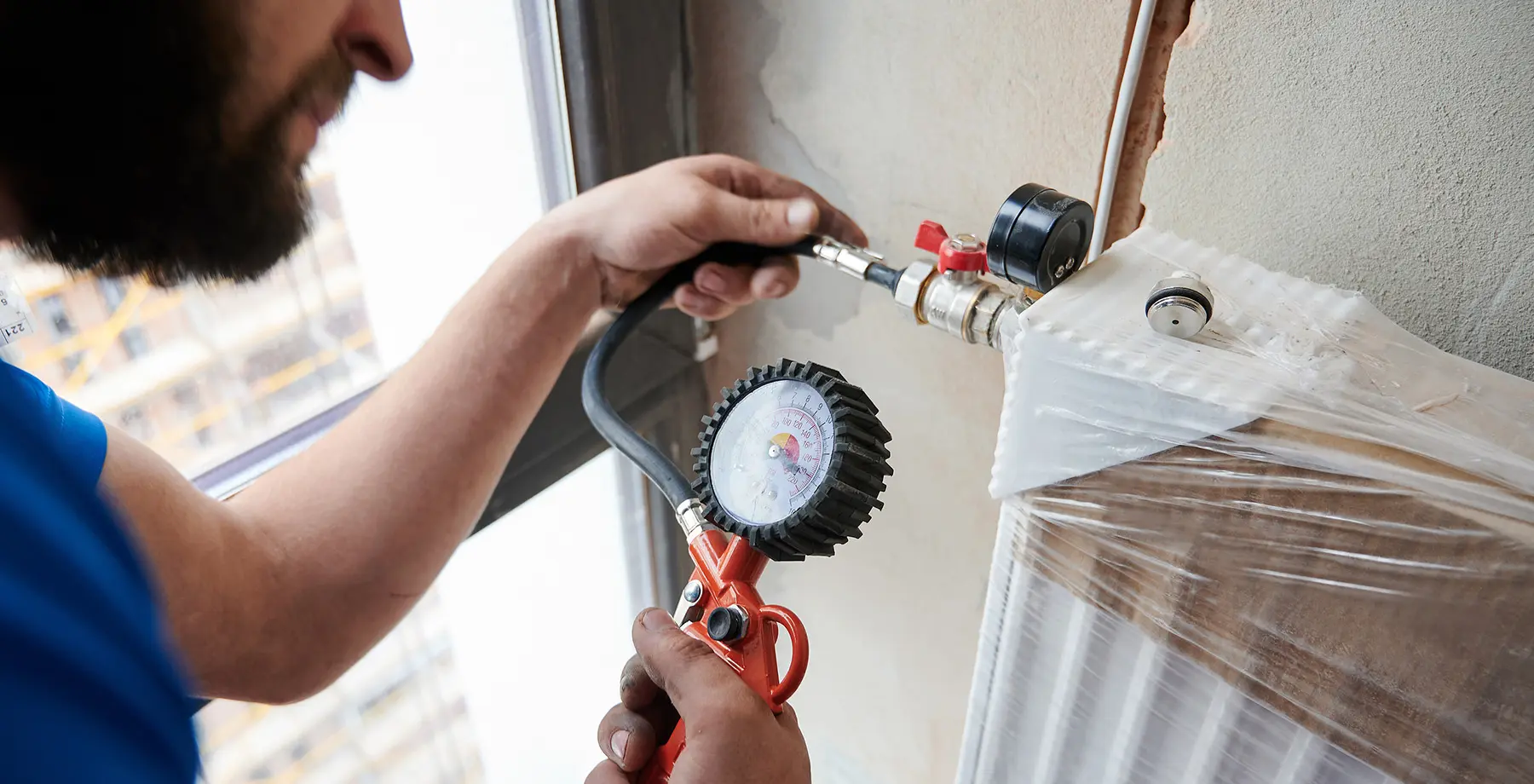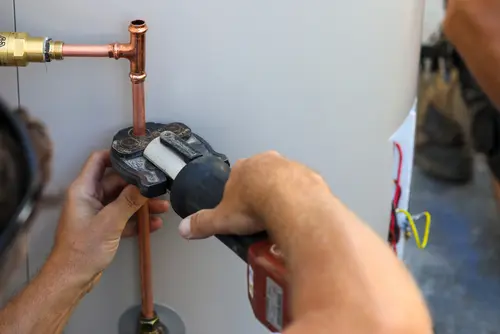How Often Should I Have My Septic Tank Pumped? A Comprehensive Guide
by ngfmarketing
- If you have a septic system installed on your property, it’s important to understand the essential maintenance tasks involved in keeping it running smoothly. One crucial aspect of septic system maintenance is regular septic tank pumping. Septic tank pumping involves removing accumulated solids and wastewater from the tank to prevent backups, clogs, and potential damage to your system. In this blog post, we will guide you through the process and answer the commonly asked question: “How often should I have my septic tank pumped?”
Determining the precise pumping frequency for your septic tank depends on several factors, including the size of your tank, the number of occupants in your household, the volume of wastewater generated, and the specific regulations in your area. In general, septic tanks should be pumped every 3 to 5 years. However, it’s crucial to consider additional factors that may influence the frequency.
- Tank Size: The size of your septic tank plays a significant role in determining pumping intervals. Larger tanks can hold more waste, allowing for longer intervals between pumpings. Conversely, smaller tanks require more frequent pumping to prevent overflow and potential damage.
- Household Size: The number of people residing in your household directly affects the amount of wastewater generated. More occupants mean more water usage and higher waste accumulation, necessitating more frequent septic tank pumpings.
- Water Usage: Your household’s water consumption habits also impact the frequency of septic tank pumpings. High water usage, such as excessive laundry, long showers, or frequent dishwasher use, can increase the amount of wastewater entering the tank. Consequently, it may require more frequent pumpings.
- Garbage Disposal Usage: If your septic system includes a garbage disposal unit, it adds additional solid waste to the tank. This extra waste can accelerate the accumulation of solids and require more frequent pumpings.
- Septic System Inspection: Regular inspections by a professional septic service provider can help assess the condition of your tank and determine if it requires pumping. They can also identify potential issues before they become major problems, saving you from expensive repairs.
Remember, the recommended 3 to 5-year pumping interval serves as a general guideline. However, individual circumstances may vary, making it crucial to monitor your septic system’s performance regularly. Pay attention to signs of potential issues, such as slow drains, foul odors, gurgling sounds in the plumbing, or overly lush patches of grass near the drain field.
AAA City Plumbing, your trusted plumbing experts, can assist you in determining the optimal septic tank pumping frequency for your specific needs. Our team of professionals understands the intricacies of septic systems and can provide personalized guidance to maintain the health and longevity of your system.
In conclusion, regular septic tank pumping is an essential maintenance task to ensure the proper functioning of your septic system. While a general guideline suggests pumping every 3 to 5 years, it’s crucial to consider factors such as tank size, household size, water usage, and the presence of a garbage disposal. By monitoring your system’s performance and seeking professional advice, you can establish a suitable pumping schedule and prevent costly septic system failures in the future.
Contact AAA City Plumbing today to receive expert advice and reliable septic tank pumping services tailored to your specific requirements. Trust us to keep your septic system in optimal condition, ensuring peace of mind and long-term functionality. We respect our seniors with discounts and thank our veterans with discounts.

$50 OFF Any Plumbing Service
Not combinable with other offers.
Must mention Parker to receive this discount.
Valid Jan 1, 2024 - Dec 31, 2024
Providing professional plumbing services for nearly 30 years. We love what we do and will always treat your home as if it was our own.
Whatever your plumbing need, we are here to solve your plumbing problem and make your home or business a place you can enjoy stress-free.
We hire top-notch plumbers in the area because your home & business deserve the very best.
Have a Plumbing Emergency in Charlotte, Rock Hill, or a surrounding area?
Let AAA City Plumbing help! Schedule your service today!



